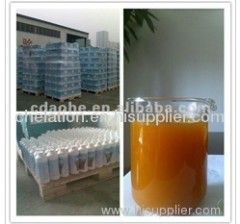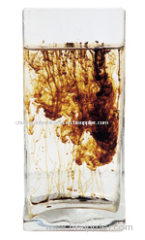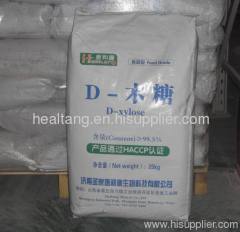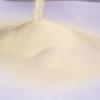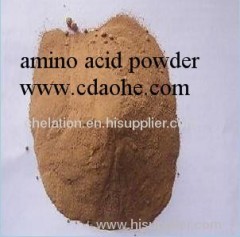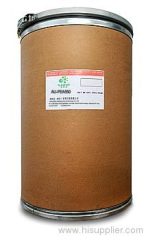
Phytase for Feed Additive
| Min. Order: | 500 Kilogram |
|---|---|
| Payment Terms: | L/C, T/T |
| Supply Ability: | 50 Metric Tons per Week |
| Place of Origin: | Shandong |
Company Profile
| Location: | Weifang, Shandong, China (Mainland) |
|---|---|
| Business Type: | Manufacturer |
| Main Products: | Waste Water Treatment, Paper Enzyme, Biological Enzyme, Feed Additive, Biological Fertilizer |
Product Detail
| Model No.: | SUKAPhy |
|---|---|
| Means of Transport: | Ocean, Air, Land |
| Brand Name: | SUKAHAN |
| CAS No.: | 9001-89-2 |
| Appearance: | Powder or Liquid |
| Enzyme Activity: | More than 10,000U/ml |
| Odor: | Slight Sweet Smelling |
| Production Capacity: | 50 Metric Tons per Week |
| Packing: | 25kgs per plastic drum |
| Delivery Date: | Within 10 days after payment |
Product Description
Phytase enzymes produced by bacteria or fungi can cleave inorganic phosphorus from the phytate molecule to increase the amount of bioavailable phosphorus in feed grains. By increasing grain phosphorus bioavailability, the amount of supplemental mineral phosphorus needed to balance the feed ration is reduced. Likewise, the amount of phosphorus released to the environment through fecal matter as unutilized phosphorus is also reduced.
Phytic acid is the major storage form of phosphorus in cereals, legumes and oilseeds. It serves several physiological functions and also significantly influences the functional and nutritional properties of cereals, legumes and oilseed (and food and feed derived thereof) by forming complexes with proteins and minerals. The salts of phytic acid are described as phytates. More accurately, phytate is a mixed potassium-, magnesium- and calcium salt of phytic acid that is present as a chelate in cereals, legumes and oilseed.
Adding phytase to animal feeds makes grain phosphorus more available to animals, thereby reducing the amount of supplemental phosphorus needed for optimum animal performance.


